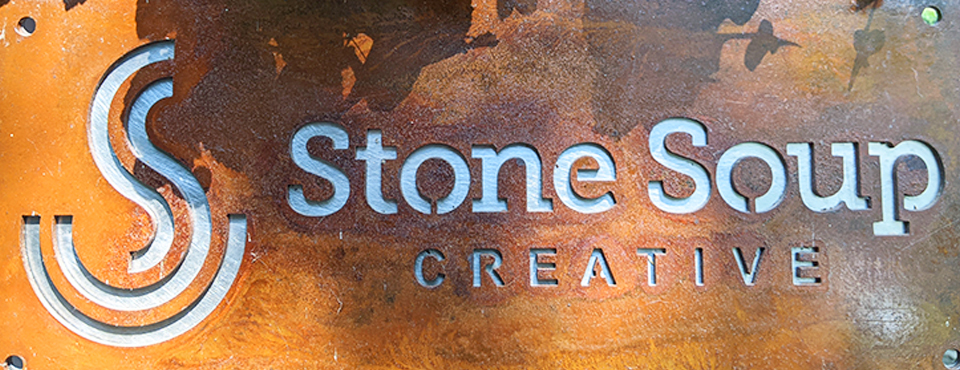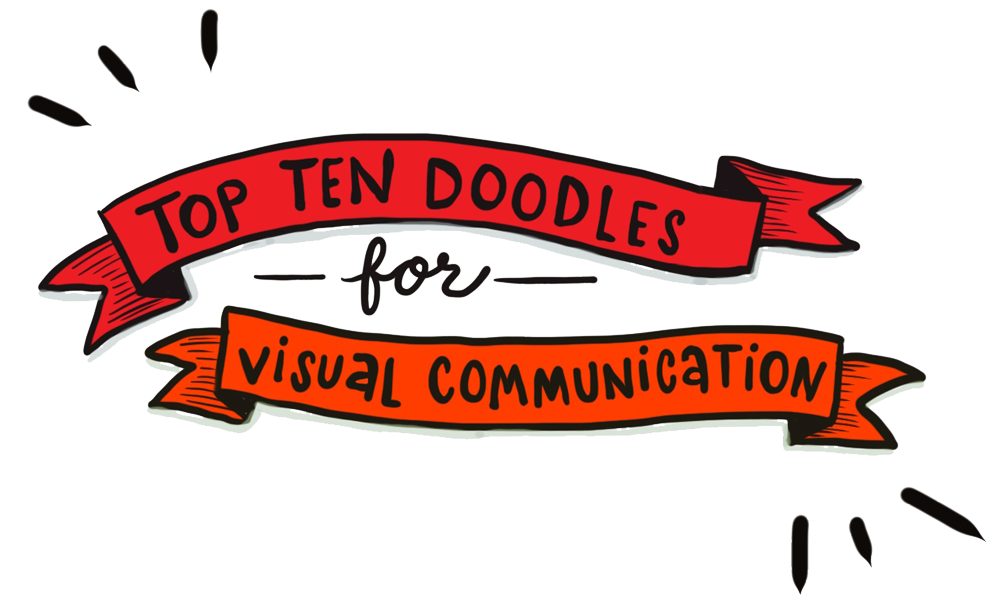It’s 2021 and I’m celebrating twenty years of being self-employed at Stone Soup Creative. What does it mean to be a solopreneur and creative professional for this long?
I’m old, and I’ve been at this for a while.
But I’m also wiser than when I began. Here’s 20* lessons I’ve learned about running a business, because I’ve made a lot of mistakes (and continue to make them, because I’m not dead yet). I hope you can avoid making my same mistakes, but I also hope you’re making your own mistakes, and learning and growing from them:
- Don’t go off on your own too early. Spend some time ‘working for the man’ to learn the ropes first; otherwise you’ll have to do it on your own time and dime
2. You don’t have to do everything yourself. Hire talented people to do what you find tiresome or are not very good at. That could be someone to keep your books, write your blog posts, or do design and production tasks – so you can focus on the more top-level stuff of running a business. This can also free your time to do whatever the fun stuff is that you love to do, and which charges your battery
3. Invest time in networking. Creating a network of people you like to work with, and trust, is critical – both as sources of referrals, and as valuable team members
4. It’s OK to quit. Quitting is not a sign of failure. It’s a sign that you’ve set healthy boundaries, and have the ability to recognize toxic relationships and situations
5. The best ideas hit me when I’m walking the dog, not when I’m staring at the screen, struggling for the right words or a creative spark. So get up from the computer every once in a while. Look out the window into the distance. Pet a cat. Go for a bike ride. Then go back to staring at your work with fresh eyes (also see #22)
6. Most clients don’t understand how to solve business problems with creative solutions. It is a mystery to them. But as a creative professional – you do. Don’t take that skill for granted
7. As an introvert, picking up the phone is anathema to me. I could write emails and text all day. But people communicate in different ways. Some people hate email, some people never text; others will *never* be on social media. Find out which ways your clients prefer to communicate, and adapt to their preferences (also see #11)
8. To a lot of non-creative people, the creative process is something mysterious that happens ‘behind the curtain’. Remove the veil, share your work with clients, get their input more often, don’t work in isolation, make the process more transparent. Then they will be more likely to be on board with your decisions
9. Clients know their organization better than you do. Listen carefully
10. Get people at all levels of the organization involved in the project, not just those in leadership positions. Especially not just those in leadership positions, as other employees might find their voice and presence too intimidating. Talk to the admin person and the junior person too
11. Answer the phone with a smile. It will put a smile in your voice, and make people feel that you are happy to hear from them (also see #7)
12. Word-of-mouth is not a reliable, sustainable marketing strategy. ALWAYS BE MARKETING. Get comfortable with self-promotion
13. Marketing is a long-term effort. It is about building relationships. Don’t expect immediate results
14. Be generous with sharing your expertise when it comes to marketing, but don’t give too much away when it comes to client work. It can become time-consuming and clients won’t appreciate it
15. But also, don’t nickel-and-dime people. If the client asks for it, make that one last change and send the PDF
16. Don’t make it a habit to work for free or provide discounts. Value your work and your profession. This benefits the entire professional creative community
17. Many marketing efforts can be repurposed. If you write a blog post, don’t just leave that article sitting on your website. Incorporate it into your next email campaign. Talk about it in a little video. Create a visual story from it and put it on Instagram. Make it into a speech or workshop; look for public-speaking opportunities
18. Know yourself: your strengths, your weaknesses, your values, your personality. Use external tools like the Enneagram and other strength-finder tools to help. Leverage this knowledge to understand communication and working styles with partners and clients
19. Change is good. Pivot your services; update an old headshot; hire a consultant to ‘get out of your own head’
20. Progress not perfection. Get that new website up even if it’s not entirely everything you want it to be yet
21. Send a thank you note by snail mail (or a note of congratulations, or even a targeted self-promotion piece). No one gets anything good in the mail anymore. Make it your mission to surprise and delight your community
22. Don’t always just work. You’ll become boring. Develop hobbies and perspectives. Get out of the office more. See stuff, have experiences. This will make you better at what you do
23. Say you can do the thing, even if you’re not sure you can do the thing, and you’re nervous about it. I don’t believe in failing spectacularly, but on the other hand – you’ll either grow into those britches, or find out it’s not for you
24. Repeat clients are worth their weight in gold. Nurture these relationships; value them
25. But also don’t rely on just one or two big clients to float your business. You’ll sink if they go away, so make sure to diversify (and then see #12)
Did you have a favorite tip? I’d love to know.
If you had to make a list of lessons learned and mistakes made from your own experience, what would you include?
(* Actually there’s 25 tips, because: #14)
Want more on Visual Communication and Visual Thinking? Here's some related content for you.
Top Ten Doodles for Visual Communication
Drawing out concepts and ideas instead of writing down words is an effective way to communicate. Doodles are simple shapes and symbols that can be drawn in all kinds of situations. Plus it’s fun, and you don’t need to be an “artist” to do it.


Hi Julia! I simply wanted to say thank you for sharing this tips! I found these tips useful as a creative freelance writer. Congrats on your 20 years and thank you again for sharing more than 20 tips for creative success! Thank you! Erin
You’re welcome, Erin! Thanks for reading 🙂
Great tips. You captured a ton of insight here. Here’s to another 20 years! (but only if you want it).
Howard, I was just thinking about you! I owe you a ton of gratitude for all the multitude of ways you have guided and supported me with my business these past 20 years.THANK YOU.